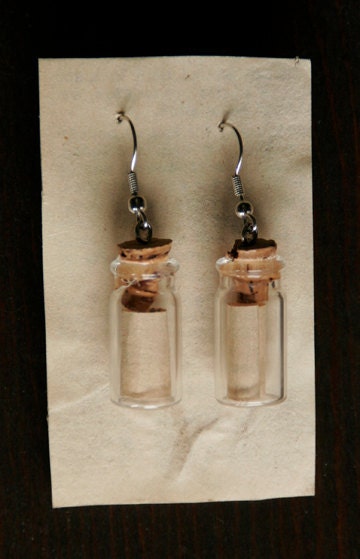First things first: kudos to my Americorps supervisors who accepted Pathologies of Power as an approved "civic engagement" book. It gave me a fantastic reason to
once again start over and finally finish this intellectually dense but rewarding book.
Pathologies of Power by Paul Farmer (subject of the much-loved
Mountains Beyond Mountains) describes in great, scholarly and personal detail, structural violence, liberation theology, and affecting positive change against all odds. He, besides making plain the current state of our world due to many things (but very noticeably politics and pharmaceuticals), also makes the take-home message cuttingly personal in saying that the same world that makes the poor poor is the world in which likely you, and also I, are living quite comfortably. It is unlikely, I would say, that the plight of all poor is solely our fault, but we are enabling behaviors such as corporate exploitation of poorer populations by supporting organizations and businesses with little or no social responsibility.
Another point that Farmer hit on was slightly harder for me in which to envision my role: that if health care was a basic human right (as in the UN's Declaration on Human Rights), there ought to be a preferential treatment option for the poor. My gut reaction to this statement is agreement, but many questions quickly follow. What of the cost of medical care (to which Farmer would point, at least in part, to arbitrary pharmaceutical pricing)? Who will bear it? How do we convince physicians, and, harder, hospital and office administrators, that this is the case? Should this be a private- or public-sector endeavor?
One thing is obvious: Farmer asserts that it should be an endeavor. From Mountains Beyond Mountains and implied in Pathologies of Power, we learn that Farmer consistently skips dwelling on the impossibility of treatment for such supposedly "cost-ineffective" treatment for the poor and instead moves directly into making the ideal a reality. This is certainly and encouragement, inspiration, and model to be followed in Public Health work. Too often we get caught up in the barriers, lose energy, and give up before even giving an honest attempt at solving difficult problems such as providing an adequate supply of appropriate MDR-TB drugs or providing anti-retroviral drugs to those who so desperately need them.
While I been deeply touched by the kindness and generosity of the providers in CHC's network, I have
also been saddened by where we couldn't help people. I am left wondering how to produce the kind of premium healthcare mandated by Human Rights and Farmer if such a fantastic organization and so many generous volunteer doctors and dentists falls short of what Farmer would call a "preferential treatment option" for the poor. How, aside from (as Farmer has had) wealthy investors in the cause, can we produce such a system? Farmer argues that this would be a governmental responsibility.
I have been surprised in the past several years that there has not been an increase but a decrease in funding for both public health efforts and social services. Medicaid dental coverage was cut years ago for non-pregnant adults and in at least the case of one of my patients (who asked me to reference his case should I ever get a chance to plead the cause), has resulted in astronomically rising costs from medical conditions worsened or directly caused by dental problems. The human body cannot be sectioned off into areas unrelated to each other in health, just as society cannot be sectioned off into areas unrelated to each other in community.
I have had occasion over the past few months to discuss many different government and economic systems in the world, and one concern that I have with the extremest forms of small government now currently proposed in the political landscape is the people who even now hang by a thread to urgently needed and increasingly underfunded and insufficient social services. Maybe you agree that government shouldn't perform social services, and that things like medical services for the low-income, uninsured population should be taken over by the private- or third-sector. My question is what happens to the people while society "adjusts" to this new order? The answer I receive usually involves a concession that a period of adjustment would likely produce a number of casualties. Numbers are people. At times before, and definitely since my ten months with Community Health Connect, these people have names and faces. Stories that would make even the most fiscally conservative scramble to make official provisions for them. What of these people?
Farmer also speaks of the fact that scientific research continues to make significant contributions to solving many health problems, and yet these gains so often fail to reach the population that so desperately needs them. While Farmer presents many case studies and success stories, I still have quite a bit of reflecting and working to do in order to determine my role in attempting "pragmatic solidarity" with the poor. Nearing the end of my term, I do feel grateful for the opportunity that Americorps has offered me to better empathize with people in need in my own community. Having experienced a 100% federal and 50% state reduction in funding for my Americorps program (Americorps and the Medically Underserved of Utah), I feel a growing concern for the people that we work with through our different placements.
I don't know that I have an answer yet, but I agree with Farmer that it is my responsibility to keep looking.










